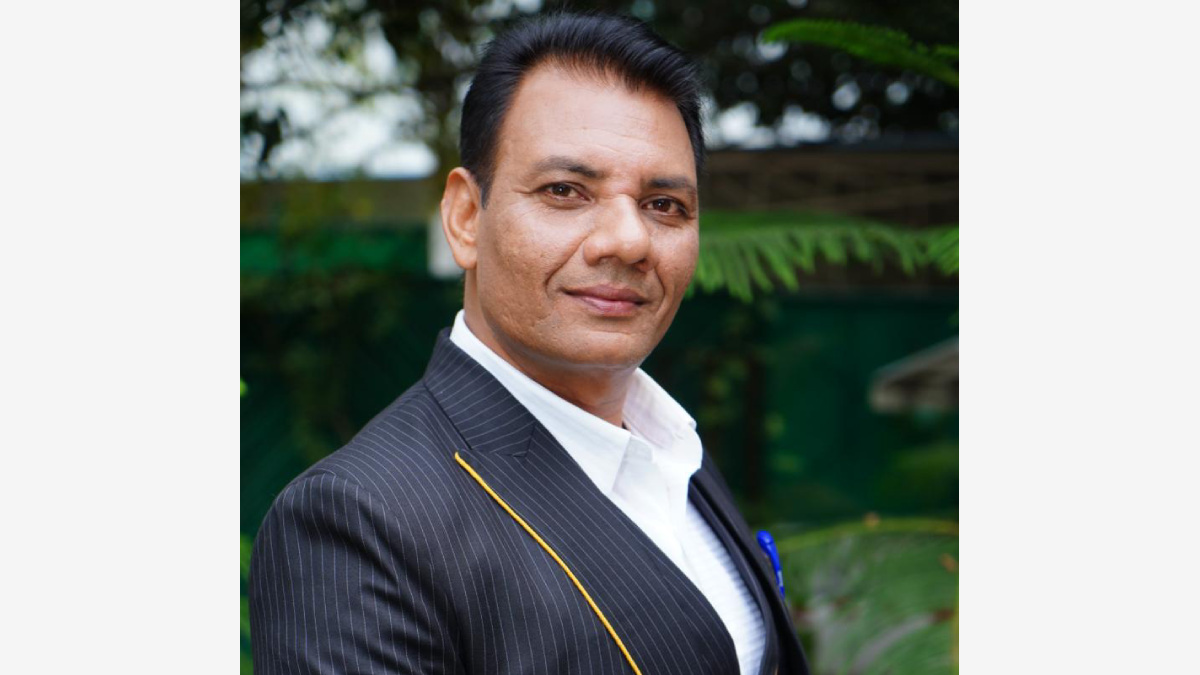Fearful Burundians tread carefully
BUJUMBURA, Sept 1: Pauline softly recalls how she clung to her uncle under a barrage of rifle butts the night Burundian soldiers came to take him away.
Smashing into their house, the soldiers accused him of collaborating with the rebel Forces for National Liberation (FNL).
Pauline held on for as long as she could until the soldiers tore her uncle away from her.
''He was accused of working with the FNL but he wasn't,'' said the 18-year-old, who was too afraid to give her full name.
''He was just an ordinary man.'' Since that January night, Pauline has scoured streets and hospitals in the capital Bujumbura to find her uncle.
Regular reports of bodies being found in rivers or on the roadside eat into her hopes of finding him alive.
''You hear all sorts of stories about what goes on here, I really fear what they may have done to him.'' Pauline's story is just one of many cases of abuse that human rights groups say are committed in this tiny central African nation where residents are tasting relative peace after a 12-year civil war killed 300,000 people.
Hailed as an African success story, the coffee-growing nation of around 7 million appears to be stumbling on the path to stability -- roiled by sporadic insurgencies, human rights violations and a crackdown on suspects in a vague coup plot.
Residents, rights groups and analysts say the arrests, disappearances and allegations of torture are the natural legacy of years of war, the only response former fighting men can conceive of to tackle dissent and criticism.
A year after landmark polls brought in a majority Hutu government to replace decades of dominance by the Tutsi minority -- a crowning moment of a 2000 peace plan -- scared residents say the outlook is bleak.
''We all had hopes when there was a new president, but I don't know if it's much better,'' said one Bujumbura resident, like many others too afraid of reprisal to give his name.
''We hear of people being jailed, of bodies turning up in all sorts of places. How can you not be afraid?''
'NOT A COUNTRY OF DEATH'
Rights watchdogs have accused the government of cracking down on free expression after several activists were jailed.
The government rejects those charges.
''Human rights are respected by the population and the government,'' government spokesman Karenga Ramadhani said, adding it was past regimes which had committed abuses.
''Our government is showing another face. It is not a country of death.'' Journalists say they are frightened that intelligence officers are infiltrating news conferences and meeting places, while diners go rigid when soldiers walk into restaurants.
''Look how tense everyone here is,'' said one waiter. ''People will only talk to journalists if they remain anonymous.''
President Pierre Nkurunziza, a former Hutu rebel leader, has admitted some human rights abuses have happened. One analyst, who also declined to be named, said arrests were being made on a massive scale. ''(The government) only seems to know a culture of violence, it doesn't understand the rules of democracy,'' he said. ''They follow a logic where you have to eliminate those who criticise.'' Soldiers and police, many of them former rebels, have known nothing but war for over a decade. Watchdogs say they have had a hard time shaking off the brutal tactics they had grown used to.
Adding to the instability, FNL fighters still launch attacks from hills outside Bujumbura despite peace talks.
COUP PLOT
An alleged coup plot by a group of Hutu and Tutsi politicians has made matters worse.
More than half a dozen people were arrested in August, including former President Domitien Ndayizeye, on suspicion of trying to assassinate Nkurunziza and overthrow the government.
Critics say the arrests were an excuse to crack down on civil society and political opposition in order to stem accusations the authorities are abusive and corrupt -- despite Nkurunziza's promise of zero tolerance for graft.
''I was scared when I heard about the coup plot,'' said Pierre, who is unemployed. ''But I was even more scared when I heard it could be a fabrication.'' Burundians and diplomats say they are waiting to see the evidence the government says it has, which includes tapes and written plans.
The authorities say investigations are ongoing.
''People want to know what is going on. They want to know how these people who are different could meet,'' said one diplomat.
''It has not been presented in a way to erase doubts.'' Burundi's human rights minister, who visited the detainees, said some had been tortured. Ramadhani has denied that and said it was the minister's personal opinion.
''When we hear this, we know no one is safe,'' Pierre said.
U N Secretary-General Kofi Annan said he was concerned about the coup allegations while the European Union has cautioned the government to investigate openly and fairly.
Adding to fears in the lakeside capital, unknown assailants have launched sporadic grenade attacks. Many suspect disaffected former combatants are behind the attacks.
''I don't know what is going on in Burundi, blood is still being spilt,'' Pauline said. ''I'm scared but it's all in the hands of God.'' REUTERS


 Click it and Unblock the Notifications
Click it and Unblock the Notifications




